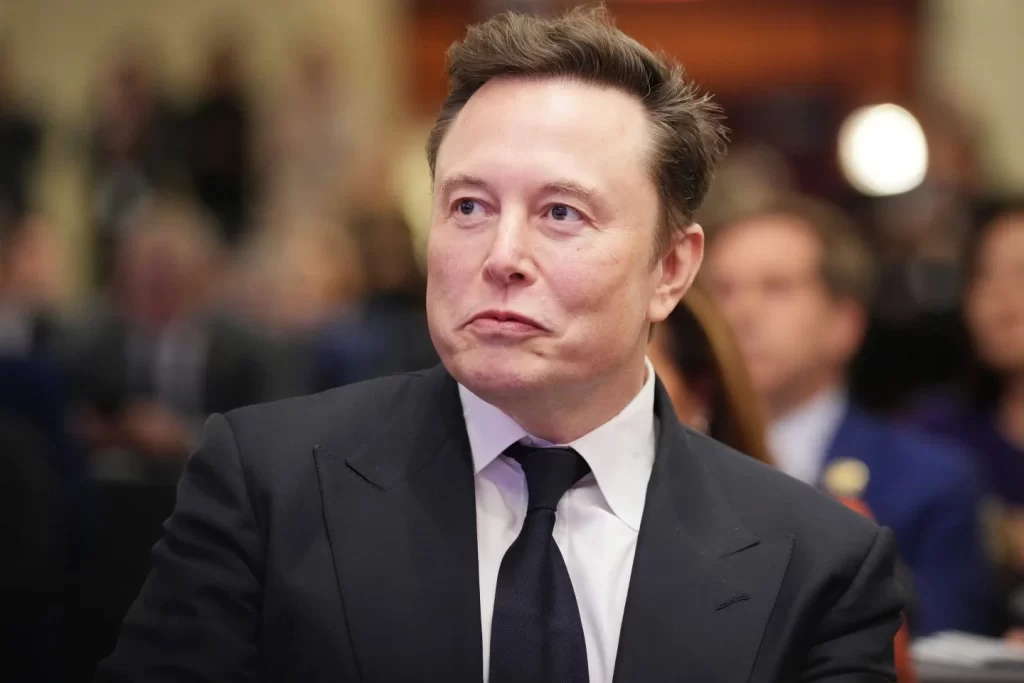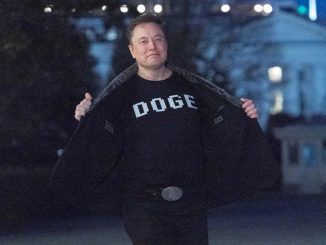
Washington, D.C. – Elon Musk’s Department of Government Efficiency (DOGE) is facing scrutiny after a New York Times report on April 25, 2025, revealed that its chaotic bureaucratic cuts may cost taxpayers $135 billion this fiscal year, nearly offsetting Musk’s claimed savings of $150 billion. Established by President Trump in January 2025 to slash federal spending, DOGE has achieved only about 8% of Musk’s original $2 trillion savings goal, highlighting a pattern of overpromising and underdelivering.
The Partnership for Public Service estimates that DOGE’s actions—firings, rehiring, lost productivity, and paid leave—will drive the $135 billion cost. At the IRS alone, the departure of 22,000 employees is projected to cost $8.5 billion in lost revenue in 2026, per the Budget Lab at Yale. Across agencies, 32,000 workers may leave, with additional expenses from over 30 lawsuits defending DOGE’s moves. Max Stier, CEO of the Partnership for Public Service, criticized Musk, stating, “Not only is Musk vastly overinflating the money he has saved, he is creating exponentially larger waste.”
Musk’s savings claims have steadily shrunk. Initially promising $2 trillion in 2024, he revised this to $1 trillion after Trump took office, and by April 2025, to $150 billion—less than 15% of the revised goal. A New York Times analysis on April 13 exposed errors in even this figure, such as counting non-existent contracts. Earlier, on February 26, DOGE removed its five largest claimed savings from its “wall of receipts” website after media scrutiny, further eroding credibility.
DOGE’s cuts have targeted smaller agencies and discretionary spending, like DEI contracts and foreign aid, while sparing major budget drivers—defense, Social Security, and Medicare—per NPR on March 6. A Reuters report on February 20 pegged DOGE’s contract cuts at $8.5 billion, a fraction of 2023’s $759 billion in federal contracts. Critics argue DOGE prioritizes ideology over fiscal prudence, targeting agencies like USAID to appeal to Trump’s base.
As Musk prepares to step back from DOGE next month, Trump continues to praise the initiative, claiming on April 25 that it’s identifying “fraud and abuse.” Yet, the financial disarray DOGE may leave behind raises questions about its true impact, with Musk’s focus on optics potentially overshadowing sustainable governance.


